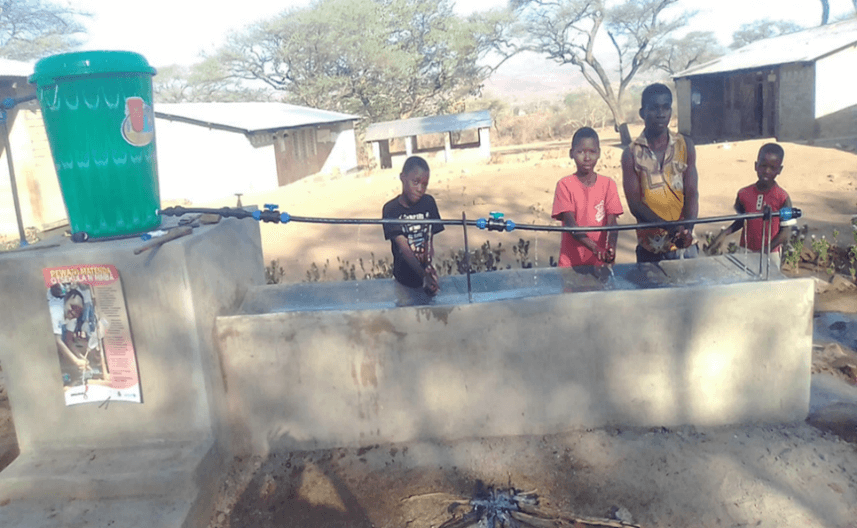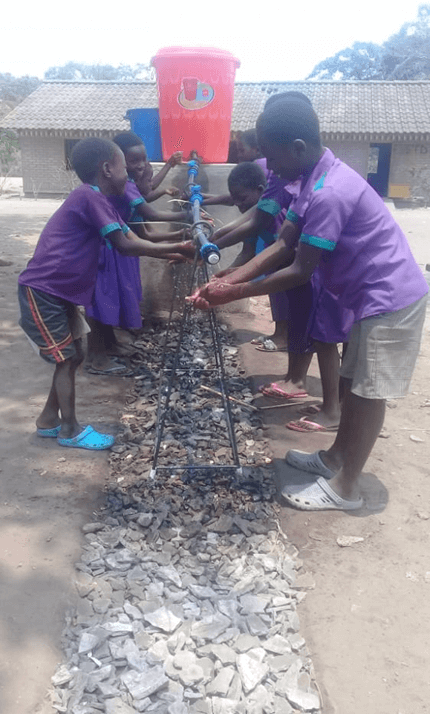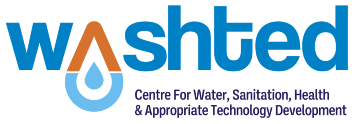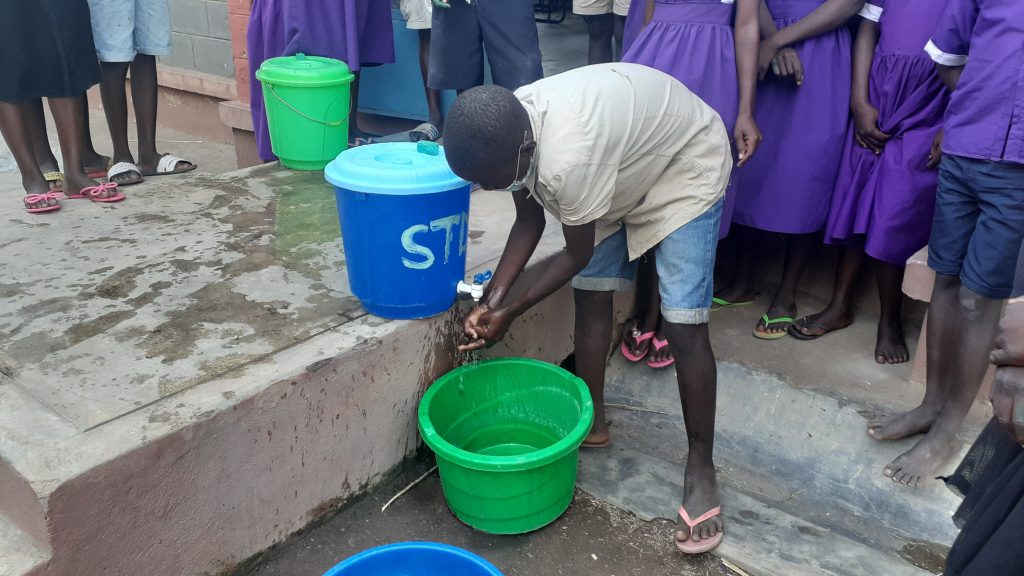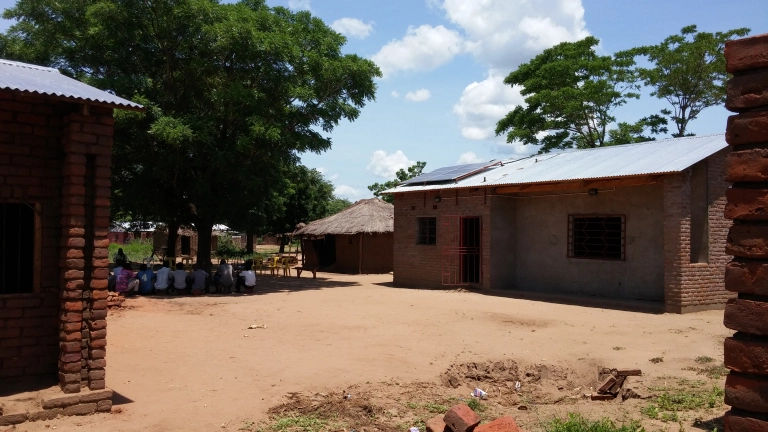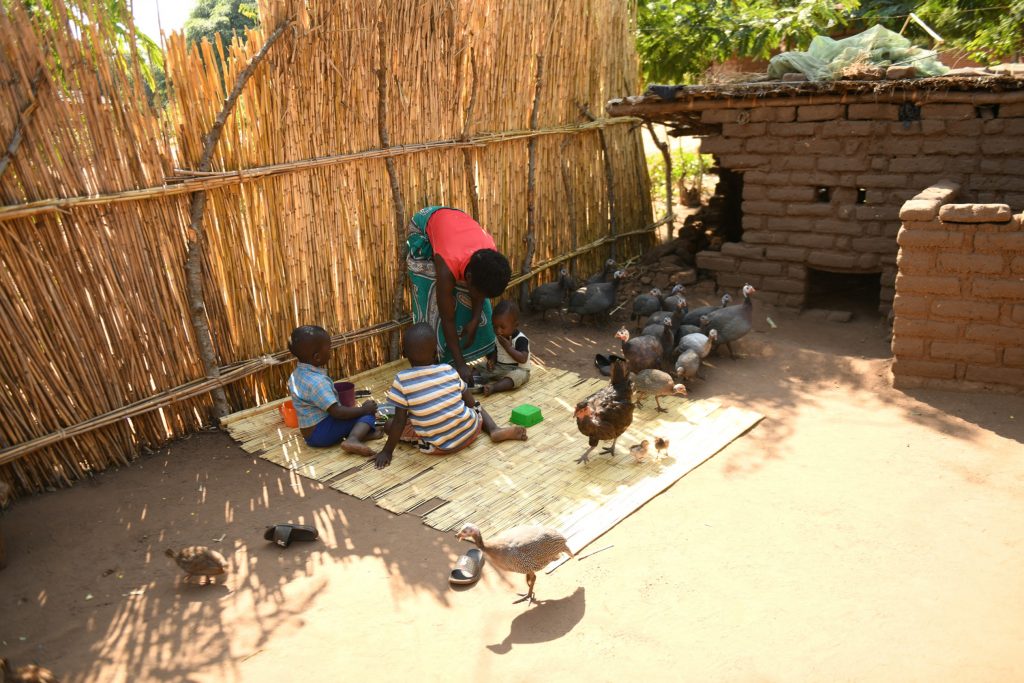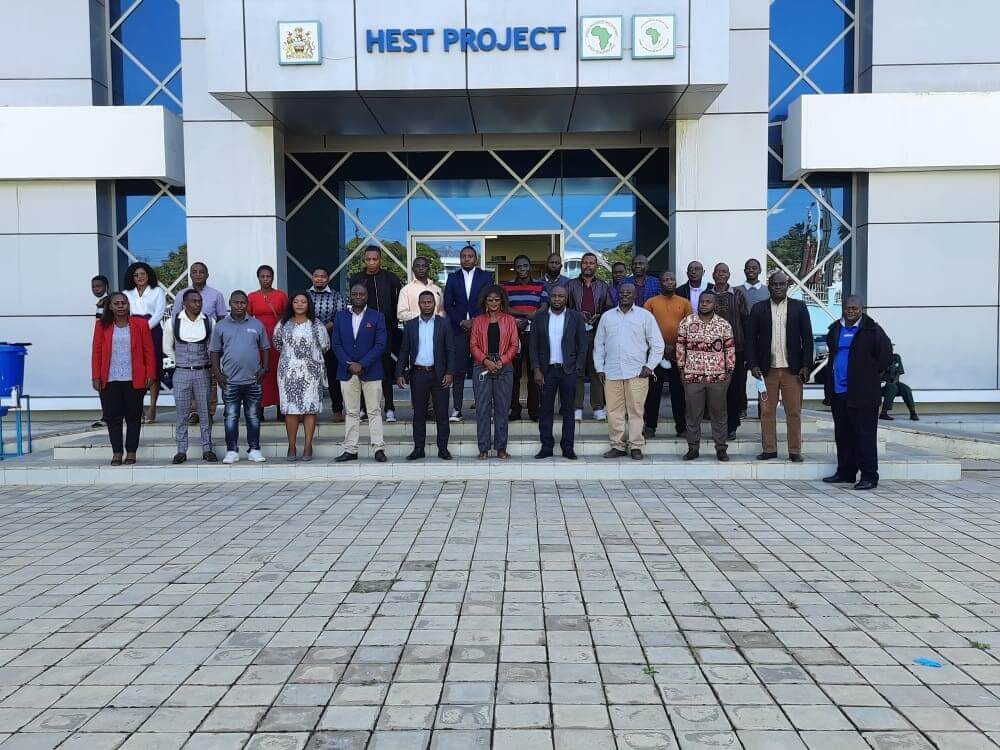When COVID-19 was discovered, school closure was among the first actions taken by authorities to prevent its spread. Despite previous reports indicating that children were not super-spreaders of COVID-19, the second wave of the pandemic showed to infect children. Thus, there was a need to protect the learners from contracting COVID-19 while in school. In response the Government of Malawi (GoM) and its partners provided Water Sanitation and Hygiene (WASH) infrastructure in primary schools to support handwashing. However, no hygiene promotion campaigns were attached to this.
WASHTED partnered with University of Strathclyde and London School of Hygiene and Tropical medicine to promote hand hygiene in the schools through theory driven WASH behaviour change interventions. The project reached out to 178 primary schools in Chikwawa district, training School Health and Nutrition (SHN) teacher per school and 14 Primary Education Advisors (PEAs). Additionally, five Environmental Health Officers (EHO), six Assistant EHOs and four Senior Health Surveillance Assistants (SHSAs) from Chikwawa District Health Office (DHO) and Chikwawa district stakeholders committee were oriented on the intervention.
After the training, the teachers were given manuals to help them deliver the intervention to leaners. The intervention content included general information on COVID-19; risk of COVID-19 in schools; COVID-19 prevention in schools through hand hygiene, use of mask and physical distance. Learners were not only being provided with knowledge, but rather games and practical demonstrations were used to show germ transmission and effectiveness of handwashing in removing germs etc. To ensure sustainability of the intervention, the intervention emphasized using locally available materials. For example, use of charcoal powder and chalk dust as alternatives to Polyvinyl acetate paint during games.
Un announced support visits in the schools made by the research team with help from PEAs indicated high uptake of handwashing with soap behaviour among the learners. However, some challenges were observed i.e., lack of enough hand-washing facilities which resulted into congestion of learners at the facility (e.g., during break time). This led to a “group handwashing facility initiative” which has been piloted in two schools. The aim of the group handwashing facility is to accommodate more learners at once hence promoting handwashing behaviour among the learners.
The project received funding from University of Strathclyde and London School of Hygiene and Tropical Medicine (LSHTM).
